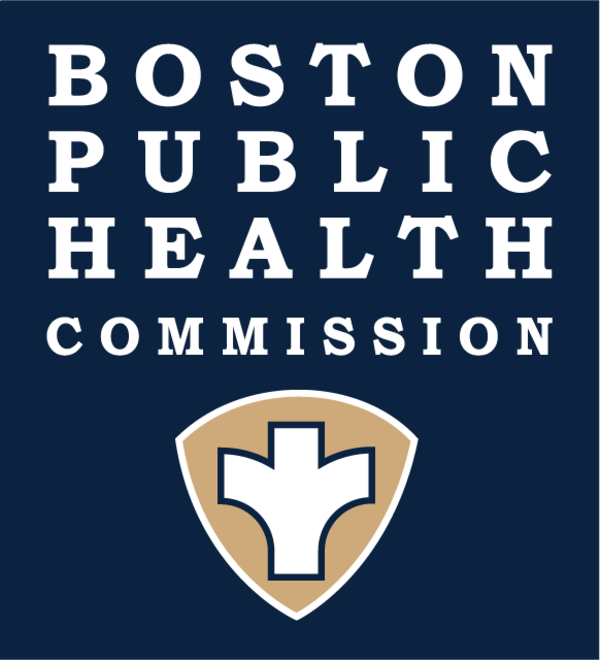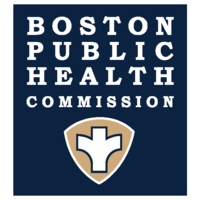Covid-19 prevention for older adults
Older adults and individuals with serious underlying medical conditions are at greater risk of severe illness from Covid-19.
These individuals should contact their healthcare provider for extra steps to stay protected.
Protect yourself and your loved ones
- Wear a mask at all times outside of your home. Wear a mask inside your home when individuals who don’t live with you are present. Masks should have two or more layers, be made of breathable fabric, fit snugly on the sides of your face, and completely cover your mouth and nose
- Wash your hands, often, for at least 20 seconds, with soap and water. Wash your hands after coughing, blowing your nose, sneezing and being in a public space. Don't forget to clean under your nails as well. Cough or sneeze into your elbow or a tissue, not into your hands. Avoid touching your eyes, nose and mouth
- Use hand sanitizer with at least 60% alcohol when you are not able to wash your hands
- Avoid close contact with others, especially those who appear sick. Keep in mind that not everyone who is sick will look and act sick. Keeping a distance of at least 6ft, even when wearing a mask, is important to reduce your risk of exposure. Remember: a cough or sneeze can reach farther than 6ft
- Stay home as much as possible. If you are sick, call your healthcare provider for advice or immediately call 911 if your symptoms are severe
- Clean and disinfect frequently touched surfaces such as:
- Doorknobs
- Light switches
- Toilets
- Bathroom and kitchen faucets
- Countertops
- Keys if you've been traveling
- Keyboards
- Mobile phone and landline
Cleaning & Disinfecting Your Home: Everyday Steps and Extra Steps When Someone is Sick
Screenings and vaccines
Stay active and safe
It is very important for older adults to stay active during the pandemic to help prevent the risk of falls.
- Stay active. Improve your quality of life and strengthen your immune system by staying active. We recommend 150 minutes per week of moderate-intensity activity. Fit this in throughout your day in 2, 5 or 10 minute cycles. It does not need to be done all at once.
- Include muscle-strength training. Add two days a week of muscle based exercises to the moderate-intensity activity. It helps strengthen your back, stomach, legs, hips, chest, shoulders and arms.
- Move more and sit less. Stand up and move about or march in place during a commercial break to keep active. You can also take a brisk walk, indoors for now.
- Make household tasks work for you. Your everyday household tasks can be a part of your routine. A lot of activities count, like doing laundry, light cleaning, gardening, and helping prepare meals.
- Don't let limited mobility stop you. Everyone benefits from being physically active. This includes someone with a disability. We recommend the same 150 minutes a week of moderate-intensity activity. Wheeling yourself, if wheelchair bound, counts towards moderate-intensity activity while adapted yoga, resistance bands and weights counts as muscle-strength training. Speak to your doctor, about appropriate activities for your specific abilities.
Supporting older adults
People of all ages can support older adults during this time. Many older adults depend on home and community services to maintain their health and independence. The CDC recommends that family members, neighbors and caregivers do the following to support their loved ones:
- Know what medications your loved one is taking and see if you can help them have extra on hand.
- Monitor food and other medical supplies such as oxygen, incontinence, dialysis, and wound care. Create a back-up plan in case you run out.
- Stock up on non-perishable foods to minimize trips to the store.
- Help disinfect frequently touched surfaces.
- If you care for a loved one living in a facility, monitor the situation and ask about the health of the other residents. Learn what they are doing to minimize risk, how they are cleaning the facility and what the outbreak protocol is.
Videos and Documents
Taking Care Of Older Adults During the COVID-19 Outbreak
Learn how to take care Of older adults during the COVID-19 outbreak
COVID-19: Are You at Higher Risk for Severe Illness?
Discover if you are at higher risk for severe illness
What You Can do if You are at Higher Risk of Severe Illness from COVID-19
Read this document from the CDC to tell if you are at higher risk of severe illness from Covid-19
Additional resources
Additional resources- Coronavirus Disease (Covid-19) In Boston
- Food Resources During Covid-19
- Boston Homeless Providers and Community Meal Programs
- Actualizaciones sobre el COVID-19 en la Ciudad de Boston Albergues de emergencia, programas diurnos, comidas comunitarias y acercamiento en las calles para personas que se encuentran sin hogar
- Boston Resiliency Fund-Aid for Boston Residents Affected by Coronavirus
- Rental Relief Fund
- Mortgage Relief to Aid Homeowners During Covid-19 Pandemic
- Stress & Coping
- Estrés y Cómo Sobrellevarlo
- Symptoms of Coronavirus
- Síntomas de la Enfermedad del Coronavirus
- How to Protect Yourself & Others
- Cómo Protegerse y Proteger a los Demás
- What to Do if You Are Sick
- Lo Que Debe Hacer en Caso de Enfermarse
- Loneliness and Social Isolation Linked to Serious Health Conditions
Questions about Covid?
Call 311 or 211
Call the Mayor's Health Line:
617-534-5050 or Toll-Free:1-800-847-0710




